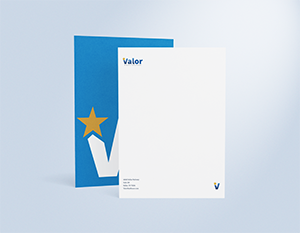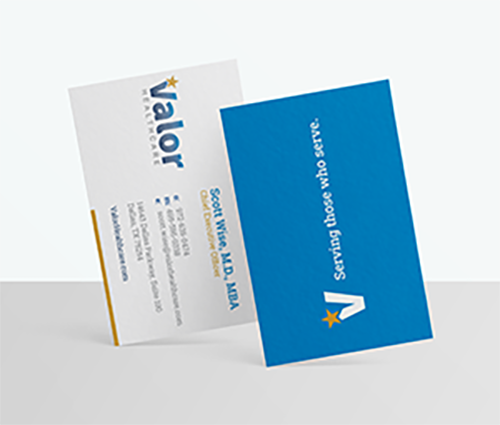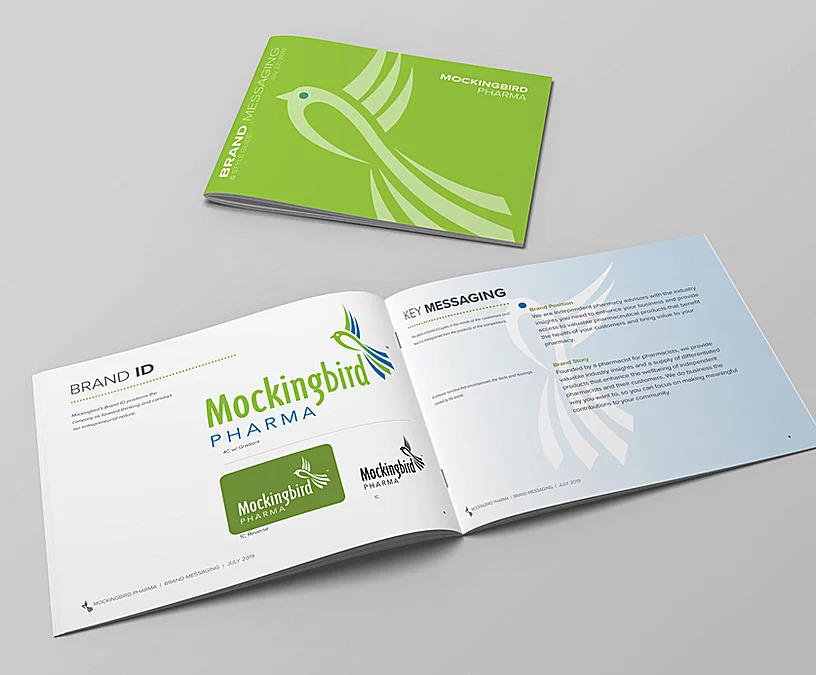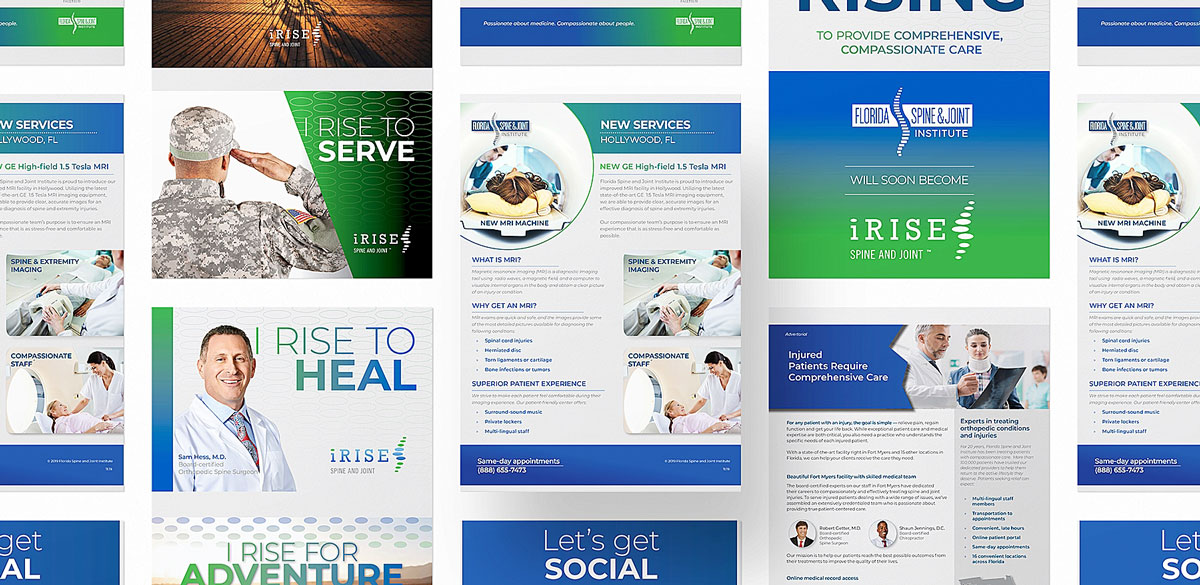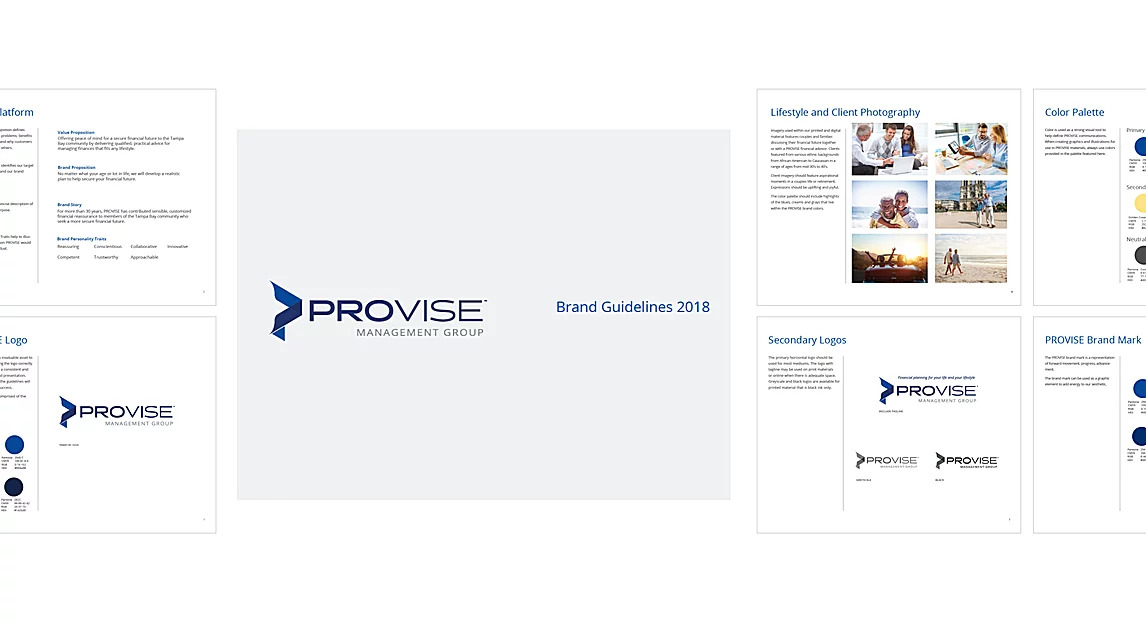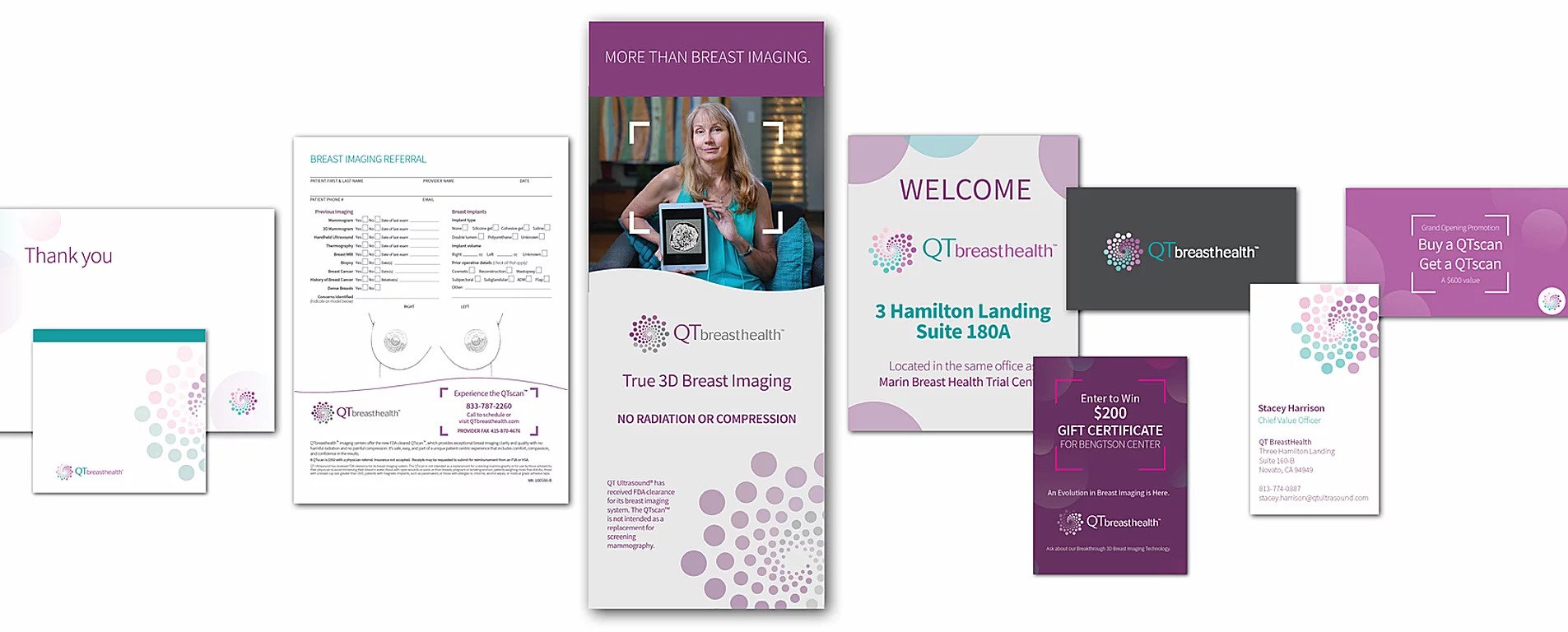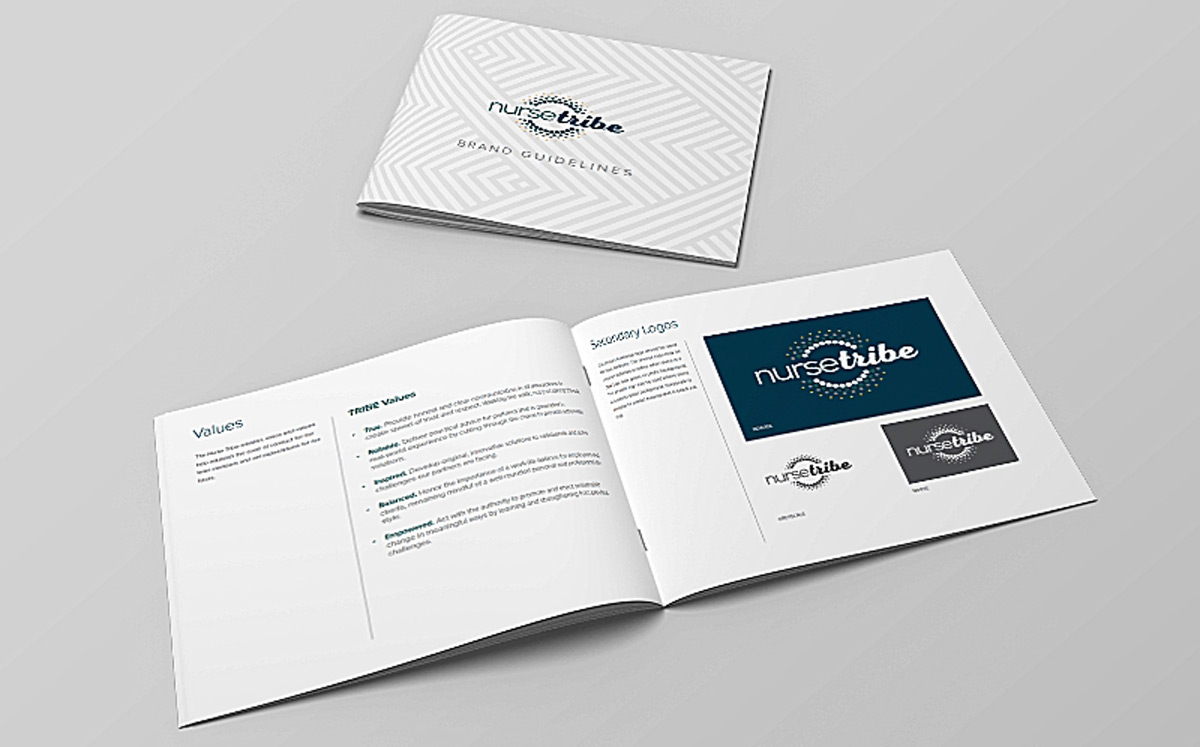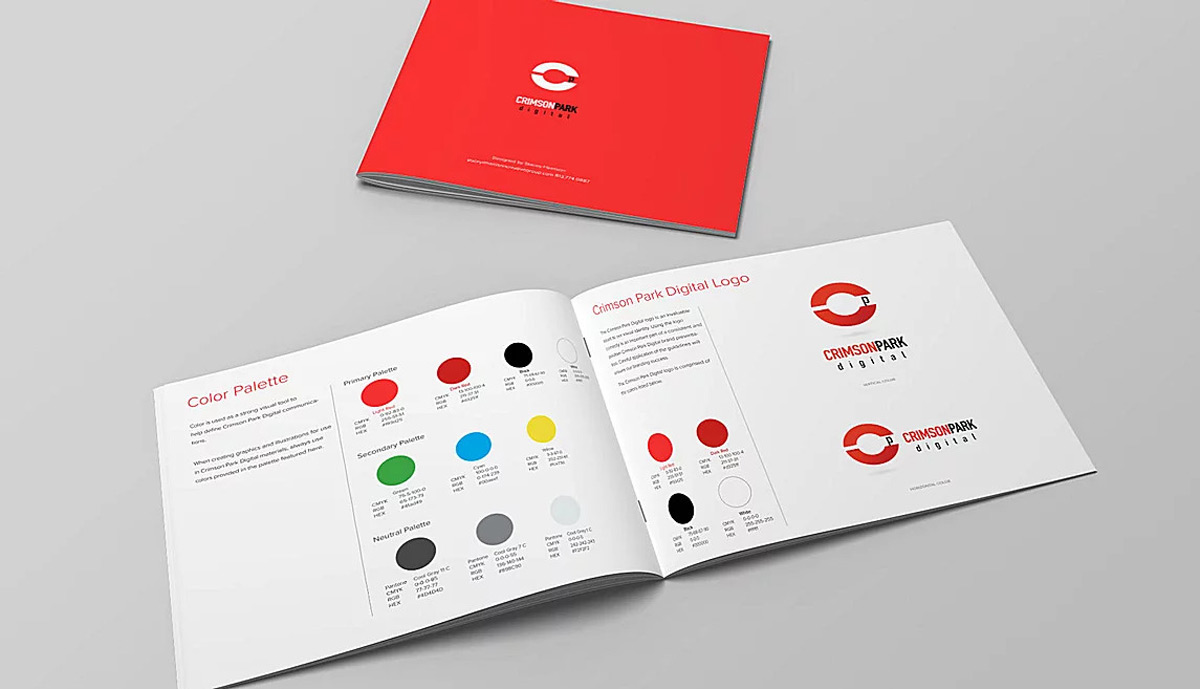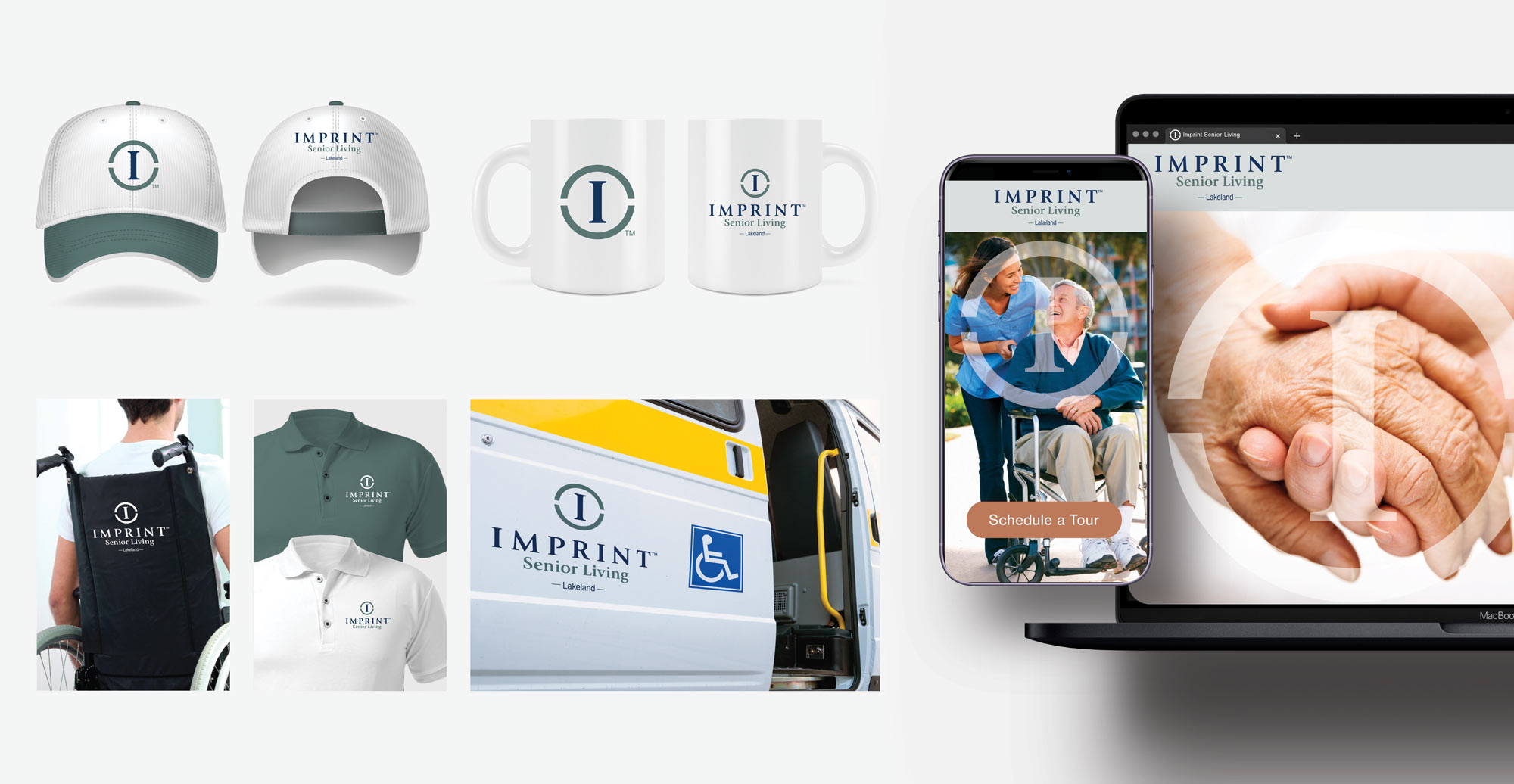When you named your firstborn child or fur baby, did you agonize over the meaning of the name, who else already has the name, or what other people would think? When we named our dog, we deliberated on the process for weeks until we landed on “Bodhi”, short for Bodhisattva which means “one who’s goal is awakening”. The name fits him as a sweet, well-natured boy. But. many people still mispronounce it as “Brody”.

Naming a company is like naming your firstborn. Giving something a name that could live for decades or longer feels heavy.
Choosing the right name for your company can be one of the most important decisions you’ll make for your business. Founders often struggle to find a company name with all the magical elements of a strong, memorable brand. A great company name can help you stand out in a crowded market and build a strong brand identity. This article will explore how a founder can choose a company name and what approach might be right for you.
Abstract or Distinctive Names
Abstract names have no clear meaning but are memorable and unique. Google is an abstract name that is easily remembered and associated with the company’s search engine. Eighty of the Fortune 100 companies in the U.S. have abstract or distinctive names.
Abstract or coined names like Uber and Google began to gain popularity as company names in the early 2000s. The name “Google” is a play on the word “googol,” which is a mathematical term for the number 1 followed by 100 zeros. The founders, Larry Page and Sergey Brin, chose the name to represent the vast amount of information that the search engine could organize and provide to users.
The company name “Xerox” was coined by a company founder, Chester Carlson, who combined the words “xerography” (a dry photocopying process he invented) and “oxygen” to create a unique and memorable name.
Many technology companies have adopted similar naming conventions such as Airbnb, Spotify, and Snapchat.
Descriptive names
Descriptive names are straightforward to understand. They describe what your company does, making it easy for potential customers to understand your business at a glance. For example, “Tampa Pizza Company” is a descriptive name that tells people exactly what the company does and where it is located.
Descriptive names can be helpful for companies new to the market or those operating in a crowded industry where it is essential to differentiate oneself quickly and clearly. While descriptive names may lack originality, they are a safe option for founders who want to be clear about their business from the start.
A founder might choose a descriptive names to make it easier for consumers searching online for the product or service to find them. For instance, a company name like MetLife Insurance makes it more likely that the company will appear when consumers search for the term “life insurance.”
Descriptive-Modified Names
Descriptive-modified names combine a descriptive word with a modified word to create a unique and memorable name. For example, “FreshBooks” combines the descriptive word “fresh” with the modified word “books” to make a name that is easy to remember and associated with the company’s accounting services. Descriptive-modified names can help create a strong brand identity. Still, they may require more marketing effort to educate potential customers about what the company does.
Associative & Evocative Names
An associative name is a company name that is associated with a particular idea, concept, or attribute. The name may be chosen because it has a direct connection to the product, service, or industry that the company is involved in, or because it evokes a specific image or feeling. These names are memorable and help create a strong brand identity. Examples of associative names include Apple (which evokes the idea of simplicity, elegance, and innovation), or Amazon (which evokes the idea of a vast, all-encompassing marketplace).
Evocative names are similar to associative names that evoke a particular feeling or emotion. Evocative names can help create a solid emotional connection with customers. Still, they may require more marketing effort to educate potential customers about what the company does.
Empath Health is a company name that has elements of both associative and evocative naming. The name “Empath Health” is associative in that it directly reflects the company’s business of providing healthcare services that are compassionate and patient-centered. The name connotes the idea of empathy, which is an important value in the healthcare industry.
At the same time, the name suggests a compassionate and caring approach to healthcare that prioritizes the needs and feelings of patients.
Acronym Names
Acronym names are the initials of the company or its products or services. For example, “IBM” stands for International Business Machines. Acronym names are short, easy to remember, and can be used as a powerful branding tool. However, they may need more meaning for customers who are not familiar with the company.
Some companies rebrand from a longer name to an acronym after significant brand awareness efforts have been made.
KFC – In 1991, Kentucky Fried Chicken changed its name to KFC to avoid using the word “fried” in its name, which was associated with unhealthy food.
AOL – In 2006, America Online changed its name to AOL to reflect the company’s transition from a subscription-based internet service provider to a free, ad-supported web portal.
Geographical Names
Geographical names are names that are associated with a specific location or region. For example, “California Pizza Kitchen” is associated with California. Geographical names can create a strong regional identity and build a loyal customer base. Still, they may limit the company’s growth potential in other regions.
Geographic names help with local search engine optimizaiton but can limit the company’s ability to grow beyond regional or state lines.
Founder’s Names
It is common for small businesses to use the names of their founders or owners as part of the company name. This is often done as a way to establish a personal connection with customers, build brand recognition, and convey a sense of trust and credibility. For example, “Ford” is named after its founder, Henry Ford.
Founder names may limit the company’s growth potential if the founder leaves or if the company expands beyond the founder’s brand.
In 2010, we helped a construction equipment dealership with a geographical name rebrand to a founder’s name. Yale Lift Trucks of Florida and South Georgia became MacKinnon Equipment. The rebrand was well-received by customers and the industry, resulting in a favorable multiple when the company sold a few years later.
Choosing the right name for your company requires careful consideration and planning. My advice is to create a name that has meaning to you and your key stakeholders, whether that’s a family name, a key problem you’re business solves, or an association with the feeling the product or service creates.
A great company name can help you stand out in a crowded market and build a strong brand identity. Contact Heart & Hustle Brands to help with your company name and branding.
Contact us to help name your business.





